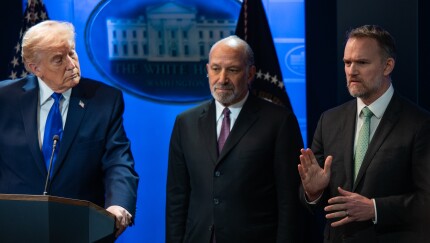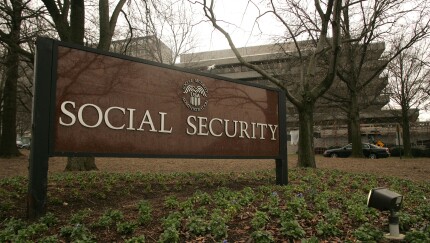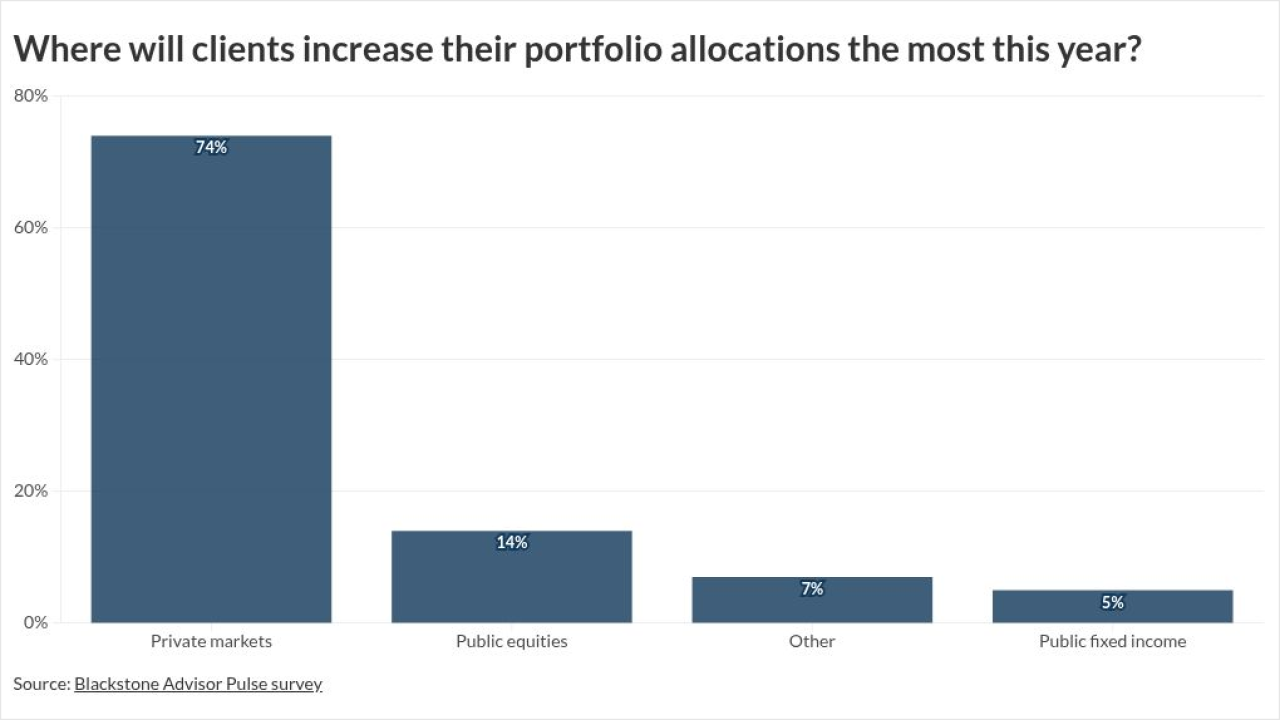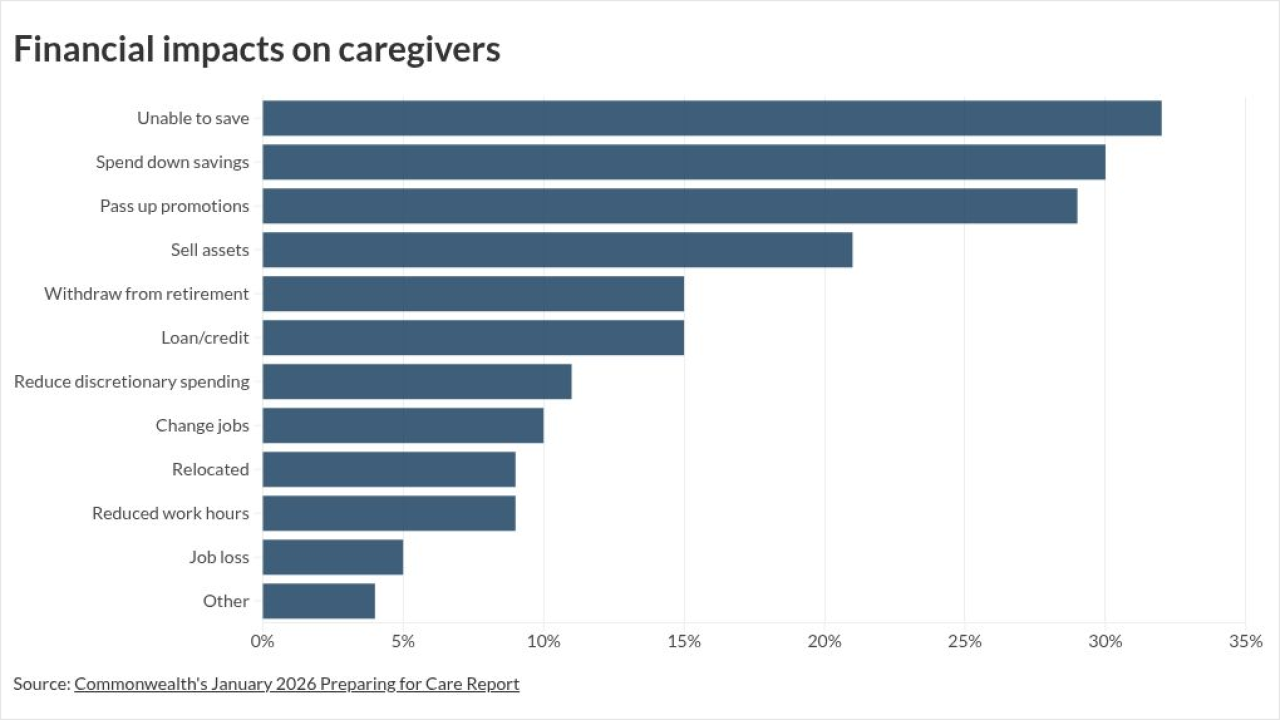First the Labor Department's fiduciary rule
The federal government's failure to rally behind a uniform fiduciary standard for brokers and advisors left a vacuum that lawmakers in a variety of states are
But some worry that state efforts will add an unwelcome new layer of regulation and impinge on SEC-registered advisors.
In Nevada, regulators are considering a proposal for a uniform fiduciary standard that would apply in equal measure to brokers and advisors, offering only a limited exemption for certain kinds of brokerage activity. To the Investment Adviser Association, a group that represents federally registered advisors, that could be an unwelcome new layer of regulation for its members, who already must comply with the fiduciary standard under the Investment Advisers Act.
A spokeswoman for Nevada's office of the secretary of state did not immediately respond to a question about the scope of the state's fiduciary regulation.

Nevada is accepting comments on the proposal through March 1, and the IAA intends to submit a comment letter citing the 1996 National Securities Markets Improvement Act.
"For more than 20 years, federal law has prohibited states from adopting any rules, interpretations or guidance that would have the effect of substantively regulating SEC-registered advisors," IAA CEO Karen Barr writes in the group's forthcoming newsletter, a copy of which was provided to Financial Planning. "The IAA will engage with policymakers in any state that appears to be moving in that direction."
The IAA is seeking explicit guidance from Nevada assuring that SEC-registered advisors would be exempt from its rule.
The 6-3 Supreme Court ruling against one of President Donald Trump's signature economic policies was consequential, but experts say volatility is unlikely to be over.
A new bipartisan bill would exempt retroactive Social Security payments from federal taxes, easing a surprise financial burden for millions of retirees.
A pair of putative class-action lawsuits this month accuse Edward Jones of allowing information clients enter online to be harvested for use in targeted marketing campaigns.
The group is asking
Michael Koffler, a partner with law firm Eversheds Sutherland in New York, points to the
"[I]ndustry associations report they are 'happy and pleased to see' their perceived ability to exploit harmful conflicts that the DoL rule would have eliminated or constrained will not be curbed by the SEC's Proposed Reg BI," NASAA writes. "This is not an encouraging reaction to a rule designed to significantly reduce, if not outright eliminate, conflicted advice for retail investors."
"Basically the thrust of the comment letter was this is not going to change anything in practice, it's just going require some additional disclosure but all the conflicted advice brokers provide will continue," Koffler said during a recent panel discussion that Eversheds broadcast online.
No wonder, he said, that more states are choosing to forge their own path.
"Those sorts of concerns by the states of looking at Regulation Best Interest as more of a cosmetic fix more than changing substantive practice is why we think you see states like Maryland and Nevada proceeding with their own regulatory frameworks in this area," Koffler said.








